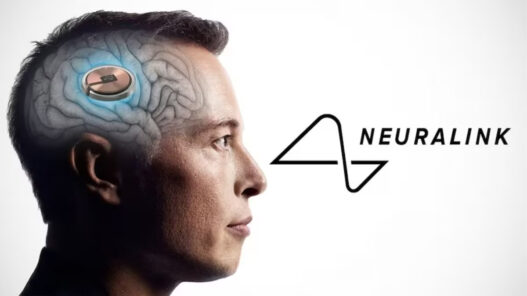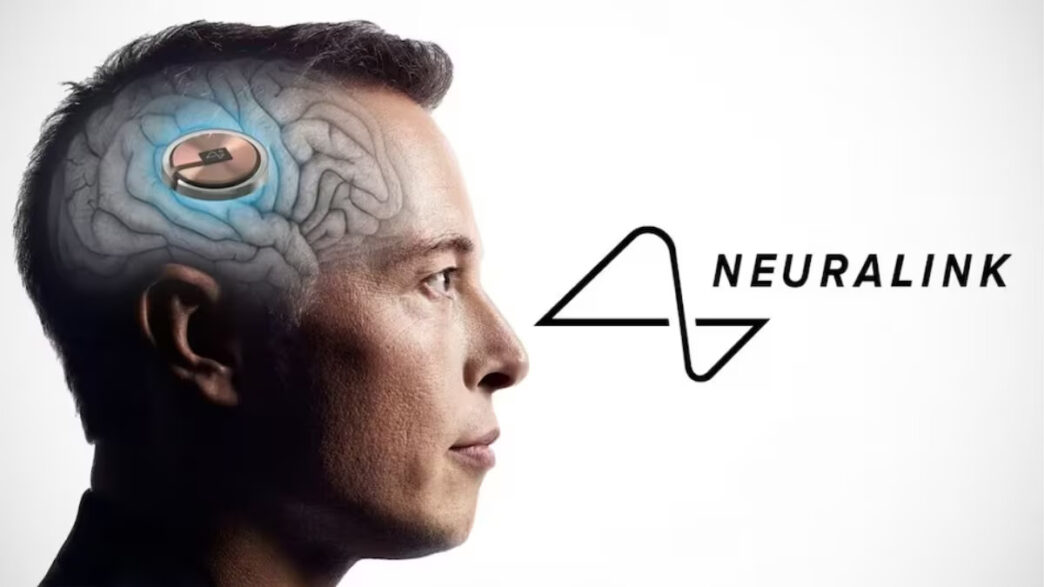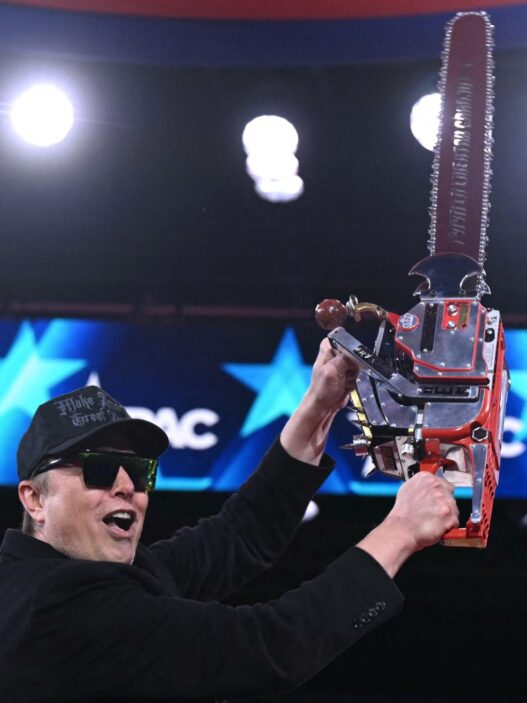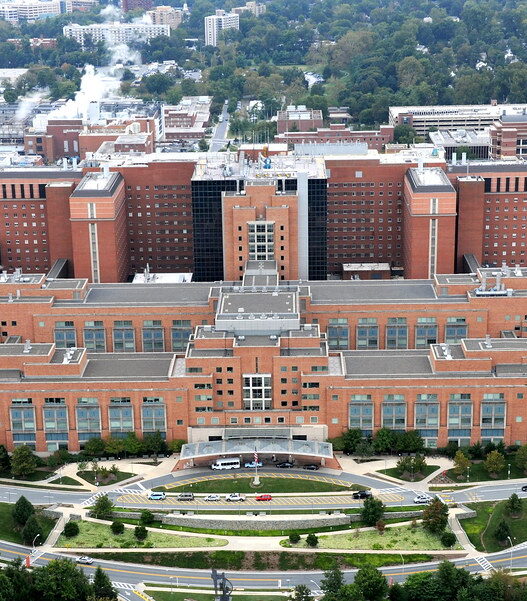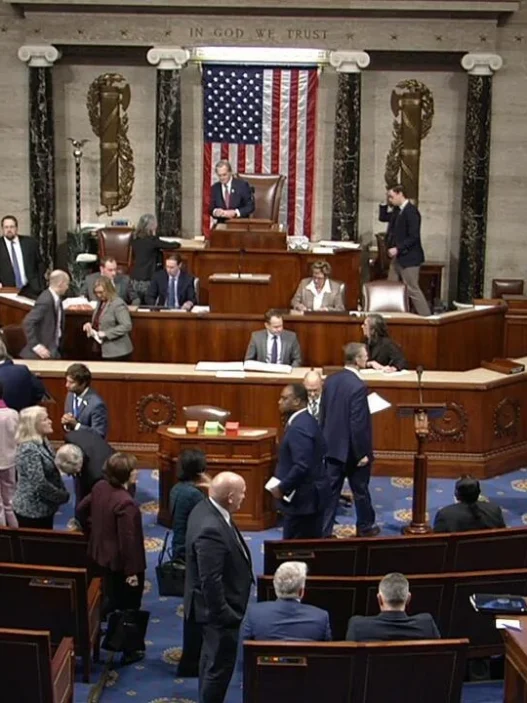Neuralink, the brain-chip company founded by Elon Musk, has been at the forefront of neurotechnology, developing implantable devices designed to connect the human brain directly to computers.
The company’s ambitious goal is to help individuals with neurological disorders, such as paralysis, by allowing them to control digital devices with their thoughts.
While the technology holds promise, it also raises significant ethical and regulatory concerns, especially as Neuralink begins its first human clinical trials.
However, a new controversy has emerged surrounding the federal oversight of Neuralink’s trials, as reports indicate that several key FDA officials responsible for reviewing the company’s medical device applications were among those recently fired.
The development has sparked concerns about conflicts of interest, regulatory independence, and the safety of Neuralink’s human trials.
FDA Layoffs Raise Concerns About Regulatory Oversight
According to sources, approximately 20 FDA employees were let go, many of whom played a direct role in evaluating Neuralink’s clinical trial applications.
These layoffs come amid a broader federal workforce reduction effort, which has affected regulatory agencies, including those responsible for overseeing medical devices, pharmaceuticals, and public safety.
Among those sounding the alarm is Victor Krauthamer, a former senior FDA official with over 30 years of experience.
He warned that the removal of FDA staff directly involved in Neuralink’s trial oversight creates an environment of regulatory uncertainty.
“It’s intimidating to the FDA professionals who are overseeing Neuralink’s trial.
We should be worried about the whole trial, and the protection of the people in the trial,” Krauthamer stated.
The layoffs come at a critical moment, as Neuralink moves forward with its first-in-human trials, following FDA approval in mid-2023.
These trials involve surgically implanting a brain-computer interface (BCI) device into participants to assess its functionality and long-term safety.
Conflict of Interest Concerns: Musk’s Influence on Federal Agencies
Elon Musk, who leads multiple high-profile companies including Neuralink, Tesla, and SpaceX, has been an outspoken advocate for reducing government regulation.
His close relationship with key political figures has led to speculation about whether his businesses are receiving preferential treatment.
While the White House insists that all actions comply with ethics laws, critics argue that the sudden removal of FDA officials overseeing Neuralink’s trial raises serious red flags.
The timing of these layoffs – right as Neuralink begins human testing – has intensified scrutiny over the independence of federal regulatory agencies.
Legal and medical ethics experts warn that cutting regulatory oversight could weaken patient protections, particularly when testing experimental devices that interact with the human brain.
Without proper safeguards, trial participants could be at risk, and scientific integrity could be compromised if findings are not rigorously evaluated by independent officials.
The Bigger Picture: Balancing Innovation with Public Safety
Neuralink’s brain-chip technology is often described as revolutionary, with the potential to transform medicine, assist individuals with disabilities, and even push the boundaries of human cognition.
However, medical innovation must be balanced with rigorous safety standards – especially when dealing with devices that directly interface with the brain.
The recent FDA layoffs raise difficult questions:
- Is Neuralink receiving special treatment due to Musk’s influence?
- Can the FDA still provide unbiased oversight of Neuralink’s human trials?
- What safeguards exist to ensure patient safety amid regulatory instability?
For now, the fate of Neuralink’s trials remains uncertain, and the federal government’s commitment to independent regulatory oversight is being tested.
As the company continues its work, all eyes will be on how closely it adheres to safety and ethical standards – and whether remaining FDA officials can provide the necessary oversight without fear of political pressure.
Neuralink’s ambitious technology has the potential to change lives, but medical advancements should not come at the cost of weakened oversight and compromised ethics.
The recent FDA staff dismissals highlight a growing conflict between corporate influence, government regulation, and patient safety.
A debate that will shape the future of medical technology and its intersection with politics.











